It’s very obvious that Chainsaw Man (as a reflection of its creator) is a product of its influences. Most obviously FLCL, as Fujimoto himself admits (the way it fixates on cigarettes is pure Samejima Mamimi). But I’m starting to see a lot of another series here, not so much as an “influence”, per se, but a common trait. And that would be Made in Abyss, which may sound like an odd proposition at first. But it fits for me, because the fetishes of their respective mangaka are quite intrusive on the story. And not generally in a positive way.
To be clear, I love Made in Abyss in almost every other way. But Tsukushi-senseis obsession with children’s bodily functions and general humiliation is kind of the elephant in the room with that one. And I’m open to liking Chainsaw Man – there’s a lot here I like very much, in fact. But I gotta be honest, Fujimoto’s perspective on the female of the species strikes me as deeply twisted. It makes me just as uncomfortable as Tsukishi’s proclivities can make me, in a totally different way. And I don’t yet see CSM as the kind of magical work of genius that overpowers that off note.
I’m not about psychoanalyzing mangaka, and I have no idea what Fujimoto’s private life is like (or his relationships with women). I only have his writing to go on – that and the information he’s volunteered in interviews that he’s obsessed with dominating women humiliating him. I suspect he indulges that in his writing rather than in his daily life but that’s pure spitballing. And if he does, good for him – that would seem to be a lot more emotionally healthy than the alternative. But it’s fair game to discuss the impact that has on a viewer/reader consuming said writing.
As for Denji, well, as Kishibe (great to see Tsuda Kenjirou get some work at last) notes, he definitely has some screws loose. And I could certainly see where a devil would fear that a lot more than anyone sane. Does that make Denji a good protagonist? Well, so far he’s basically a product of his impulses and nothing more – food, sex, slaughter, taking a dump. His affection for Pochita is about the only thing we’ve seen from him that isn’t some sort of sensory urge, but it’s not a big part of his framework at this stage. As such Denji is more a force of nature than a real character, at least for now, and that limits the extent to which one can really care about him.
Of his three day battle with the Eternity Devil we thankfully see only a few minutes, but he wins by consuming the devil’s blood to replenish what he’s losing and thus keeps his chainsaws spinning. Arai and Kobeni at least have the decency to feel guilty about having tried to kill him, though Himeno seems unburdened by any such concerns – it was a matter of priorities for her, no more and no less. Both Fujimoto and the anime staff have done a very good job painting a picture of just how hopeless a public sector devil hunter’s life is – faced with such unremitting bleakness I suppose it’s no wonder Arai and Kobeni are like they are. But it’s certainly depressing.
A writer is under no obligation to populate their story with any likeable characters, but a consumer of that story is perfectly entitled to find that an issue. It sort of is for me, because for all the darkness so eloquently portrayed it plays as more abstract than emotionally penetrating. Aki has come off best so far, but he’s kind of a cipher really. Himeno I will say is honest at the very least, which is reflected in her attitude about Denji and the Eternity Devil. She’s sick of losing partners and sick of the men in her life being in love with Makima (another one who’s more an abstract than a character).
As for the nomikai which was the centerpiece of the B-part, it was certainly memorable. Makima can predictably drink everybody under the table, and Himeno is a horny drunk. That whole business of the “kiss” was a big whiff for me. Gross, sure, in a cartoon way, but it plays as something a mangaka writes just because he can. You want humiliation, that certainly fits the bill. Denji did nothing to deserve that of course – he saved everybody’s asses and had every right to expect his promised renumeration. But it did lead to the one sort of emotionally honest and understated moment of the episode, when Arai was relying on his experience with his alcoholic mother to help Denji refund everything in the toilet at the izakaya.
Understatement is something I feel like Chainsaw Man could use more of, but that doesn’t seem to be its vibe. There’s plenty of subtext here but the onslaught of sensory bombardment and outrageousness is so unrelenting as to kind of drown it out. I’ve seen this series described as a sort of bizarro Death Note – a series that actually is deep and subtle trying to pass itself off as superficial pulp. But at this point the pulp side is clearly in the ascendancy. I don’t think this is a series necessarily intended to be appreciated mainly by 14 year-old boys, but that’s kind of how it’s playing out at the moment.
Samu’s Impressions:
Denji really was the perfect person to take down the Eternity Devil; while it didn’t appear to have the raw power that others have shown until now its strength seemingly lay in the long-term suffering it caused and the durability it possessed. This just highlights perhaps Denji’s greatest strength: so long as he has blood, he can go for literal days (three days to be precise) of uninterrupted chainsaw massacring, breaking the cycle of relying on his own blood that has hindered him until now.
The fact that Denji can go so long says a lot about him, but the rest of the episode did a good job of fleshing out the remainder of the cast through the welcome party feat. lots of alcohol. Not only does it give us one of the most infamous moments of the series in the vomit-kiss (poor Denji’s horny dreams are being tarnished one after the other), but the topic of another recent passing when a name is dropped amidst the celebrations acts as a litmus test of just how everyone handles the news: there are those who are rattled by the brutal realities of the profession and are now seeking to leave (Kobeni, Arai); those who are hardened to the casualties of the job (the new faces at the table); those who see past it as a mean to get to their goal (Aki, Himeno); and those with a few too many screws loose to realise what they’ve got themselves into (Denji, Power). The balance of mindsets across the cast I think acts as another good way to make each of them like more fleshed out characters in their own right.
As far as Arai is concerned, him consoling Denji over the toilet is his most endearing moment yet. Unlike Enzo (and like most CSM fans) I am by no means a Kobeni hater – for now I’ll just say she’s an otherwise normal young girl rattled by the most lethal job in the country, who sends her money to her family who have rejected her, and like Himeno said, they were all willing to sacrifice Denji and let him suffer (for three days ieventually) if it meant they all got out alive; it’s a messy job and it just so happens they’ve lucked out with someone who seems to have the ideal disposition to be the best possible weapon they could ask for. Anyway, what is attempted mutiny within the ranks of an organisation like Public Safety, where its workers are likely to be dead within the next year or two and the idea of upstanding morals doesn’t seem to apply to those lucky enough to survive?


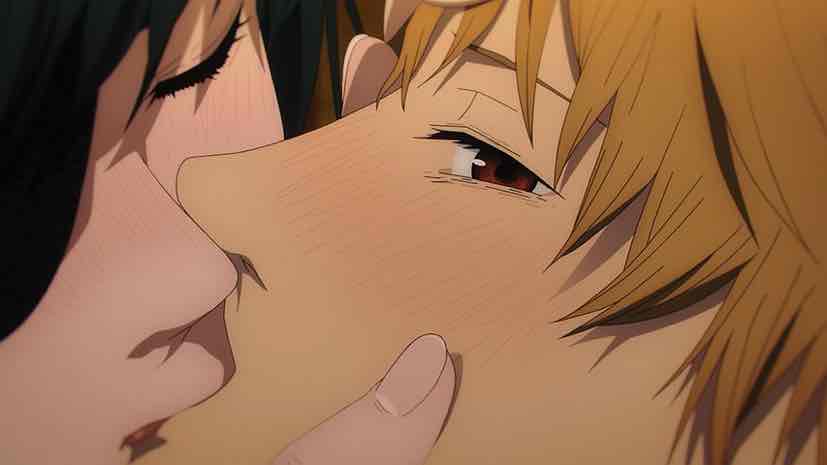

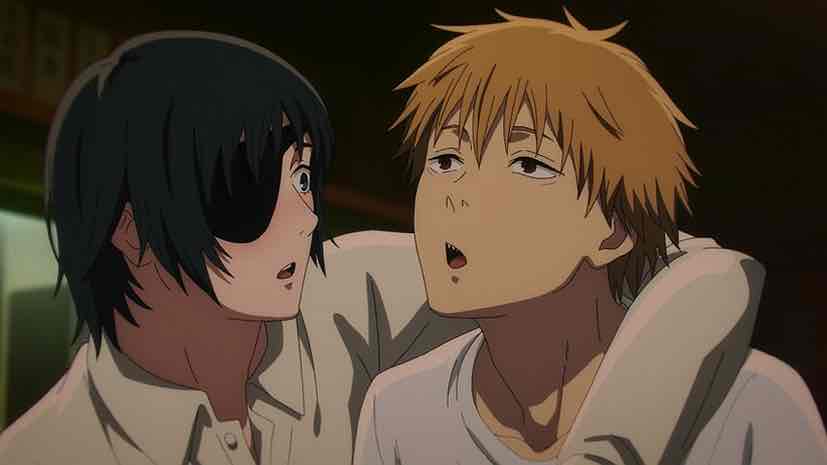

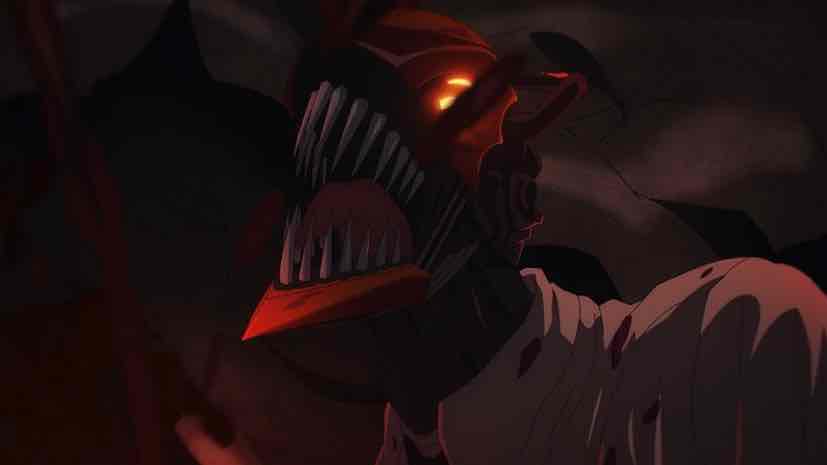
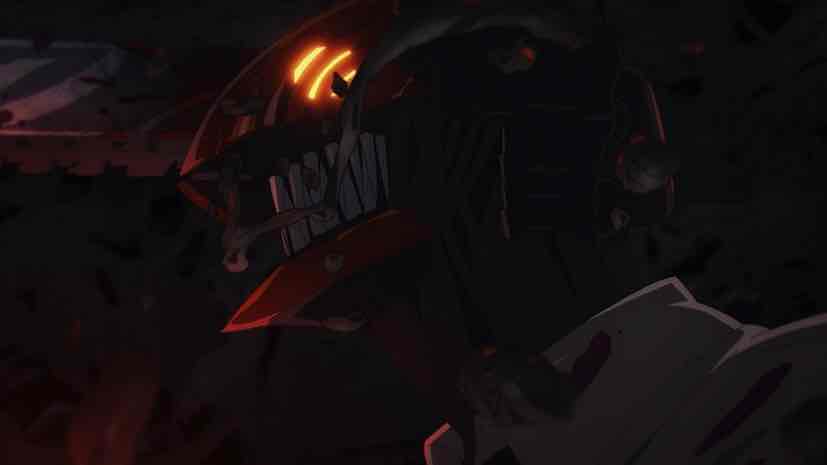

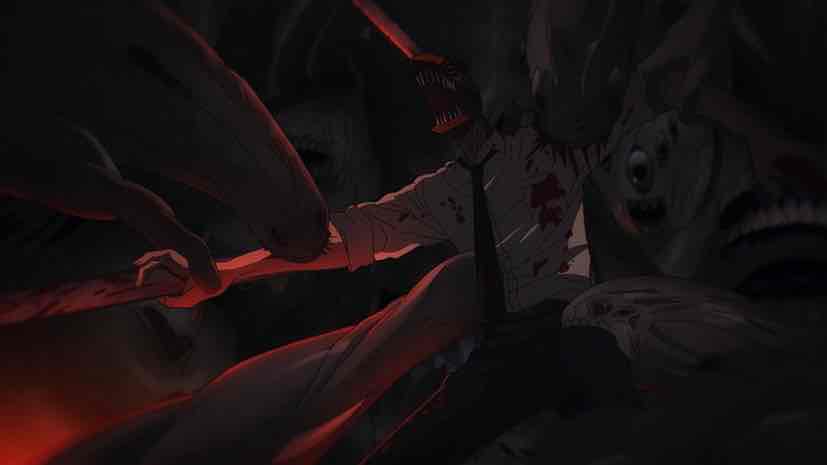
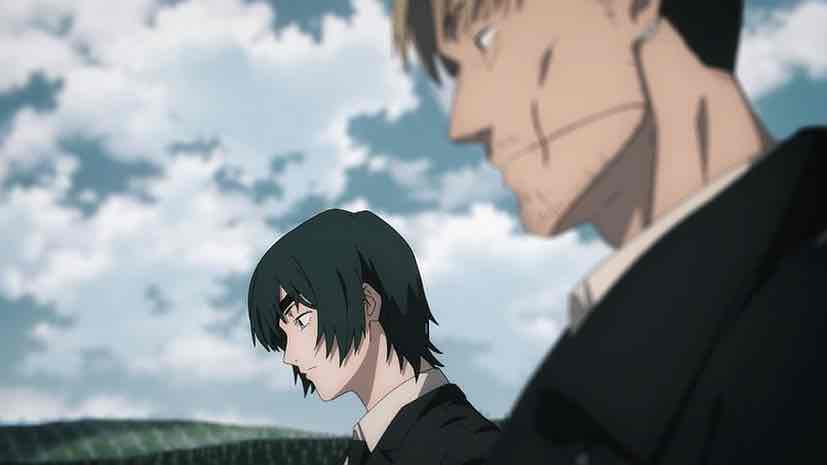
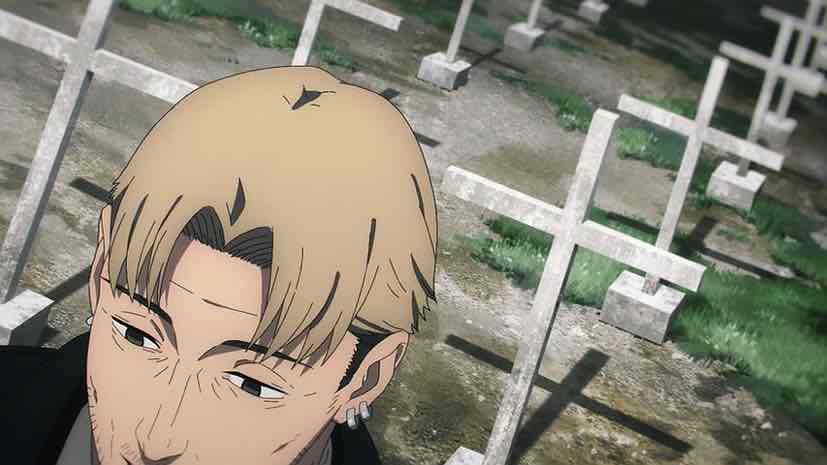
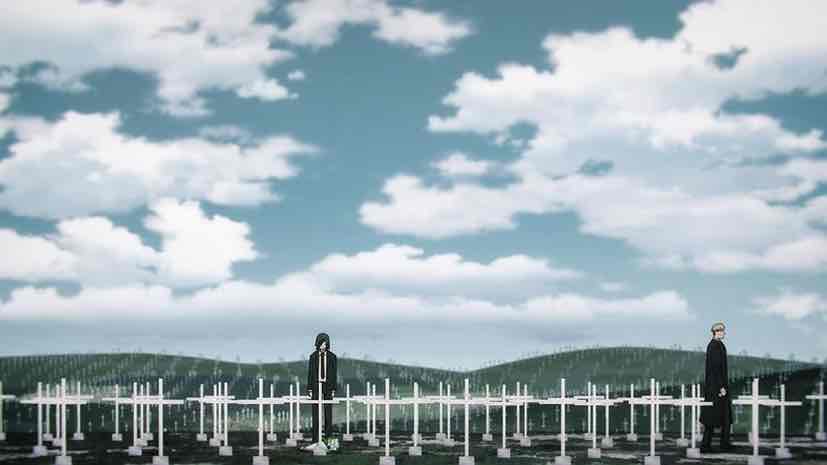
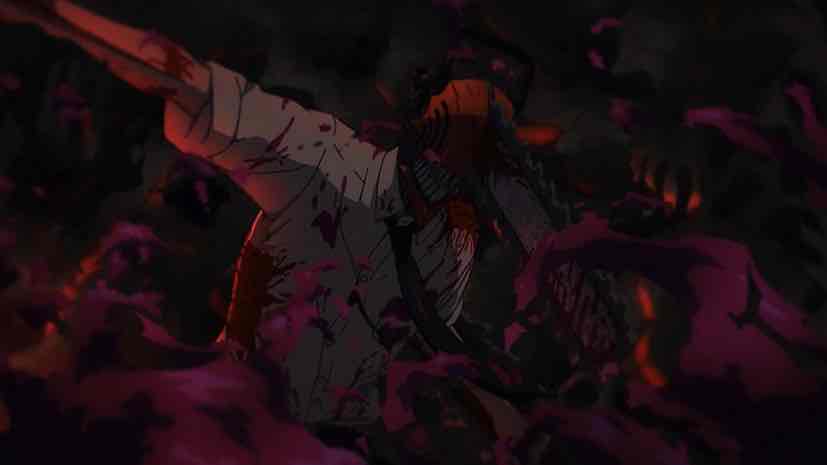
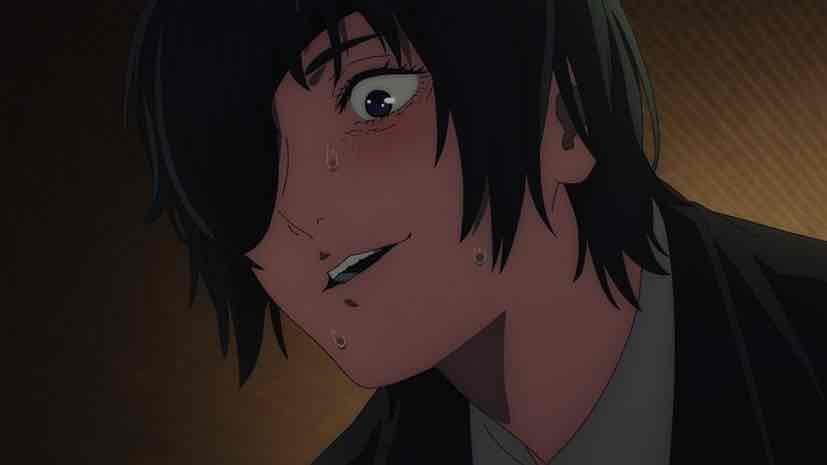
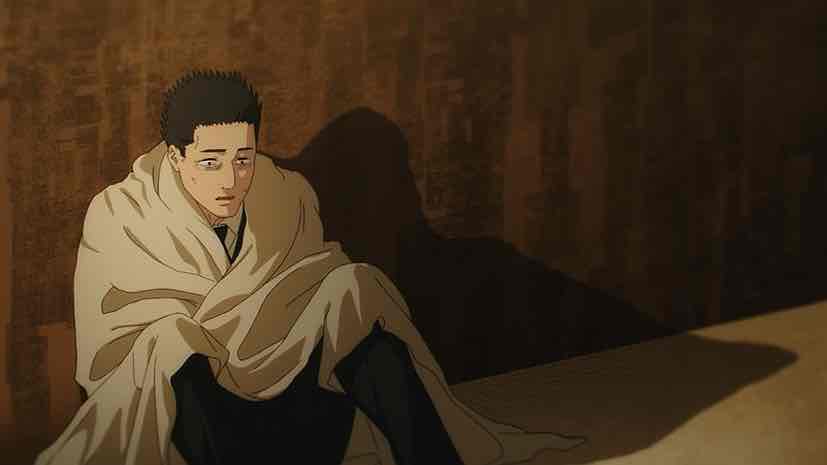
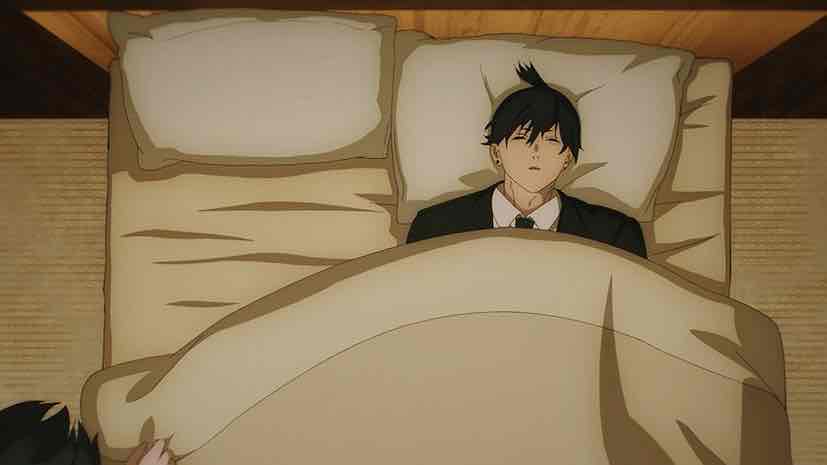
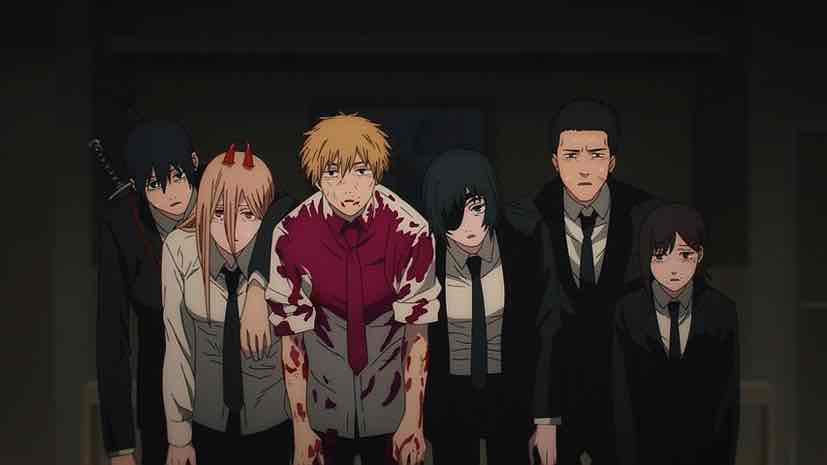
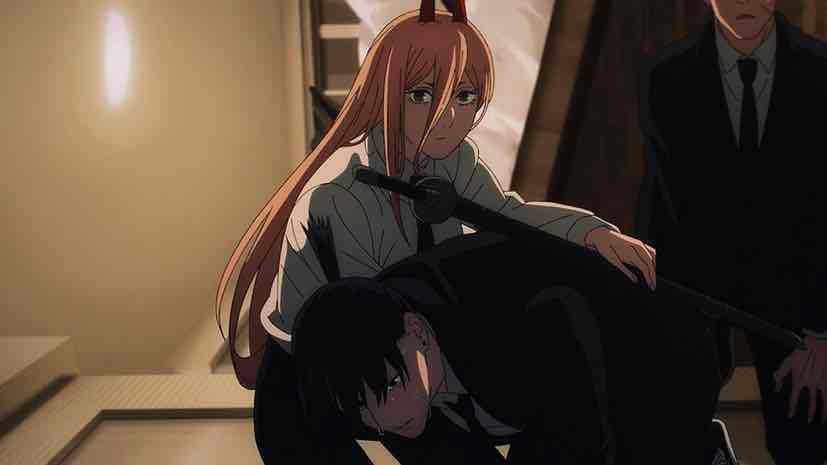
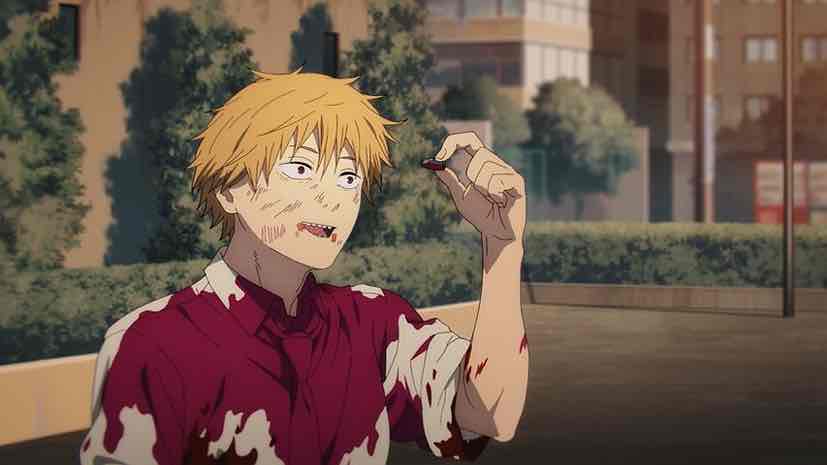
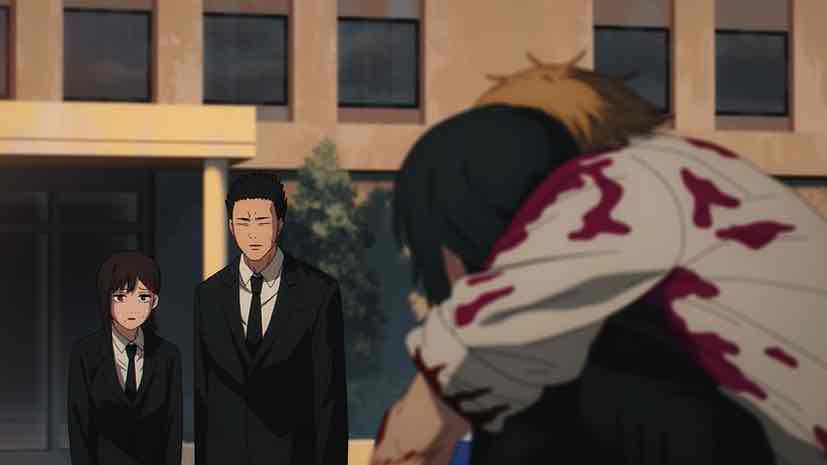
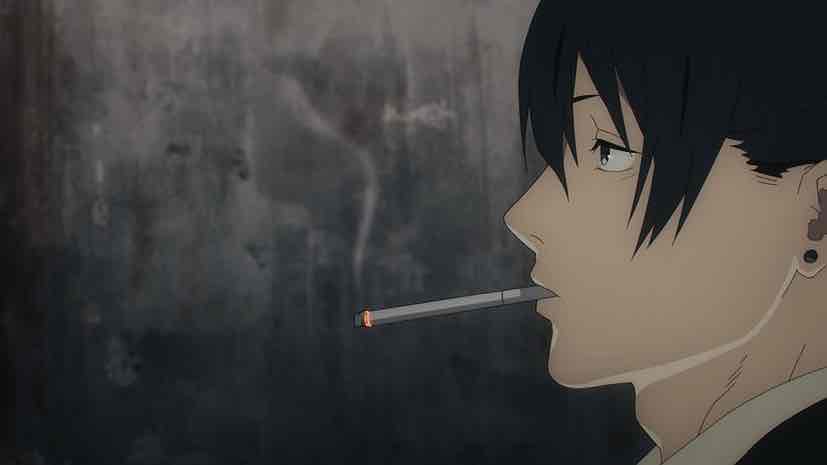
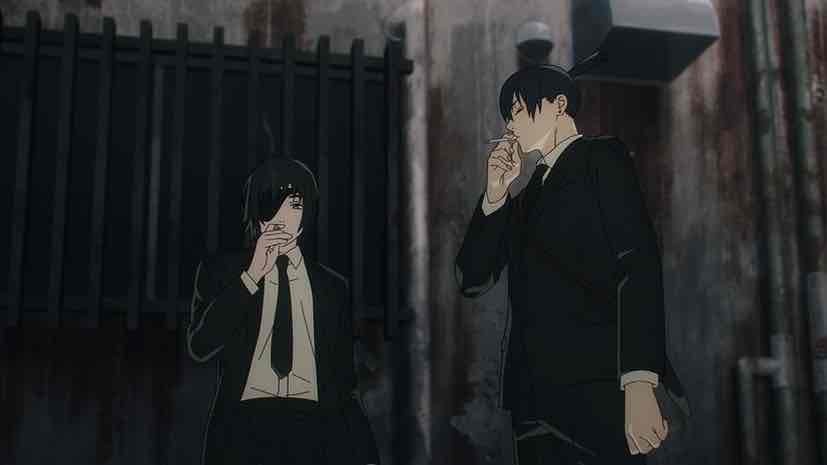
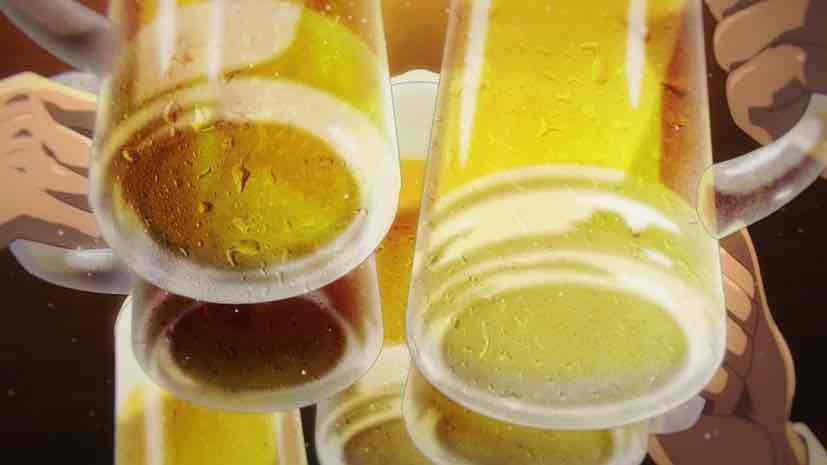
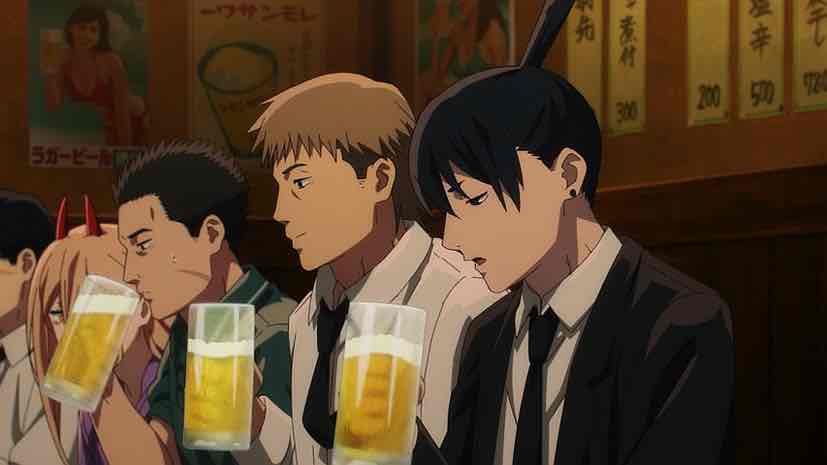
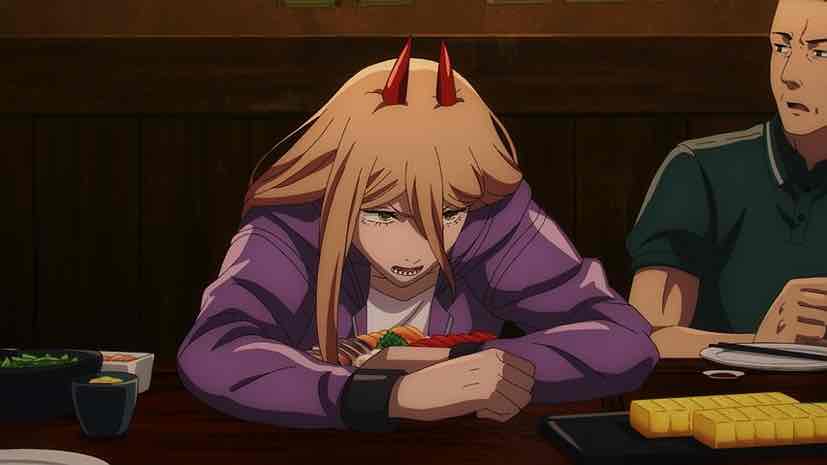
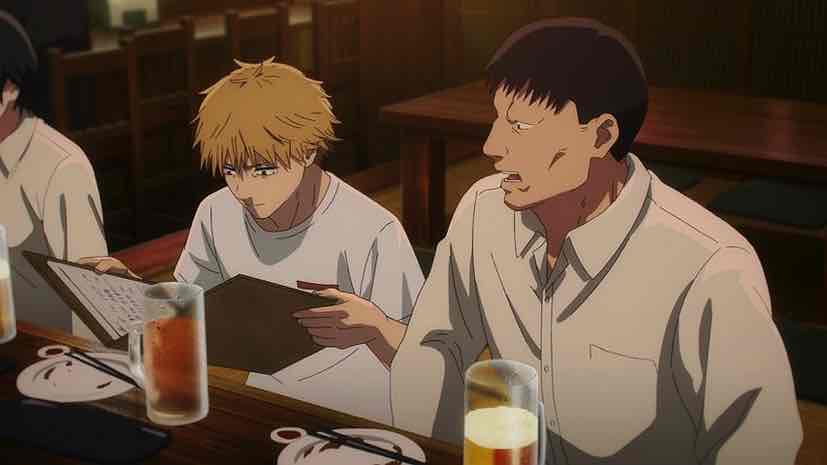

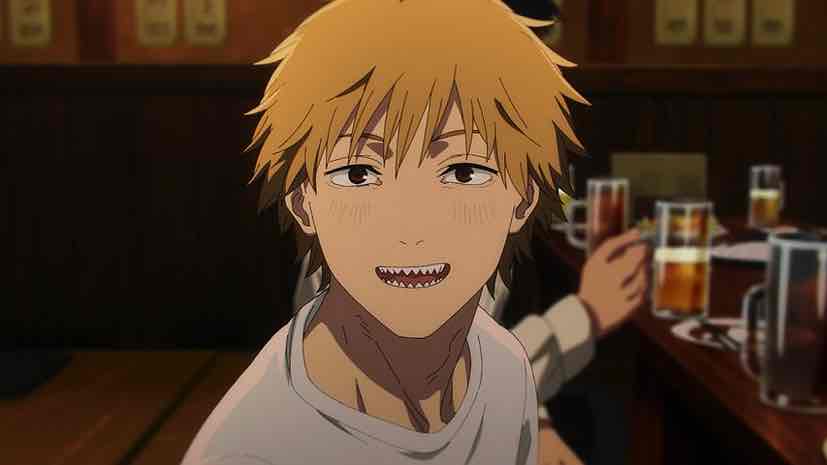
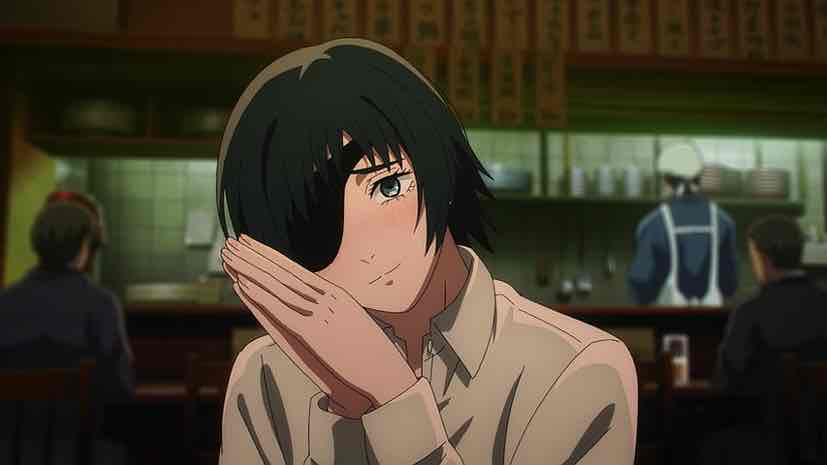
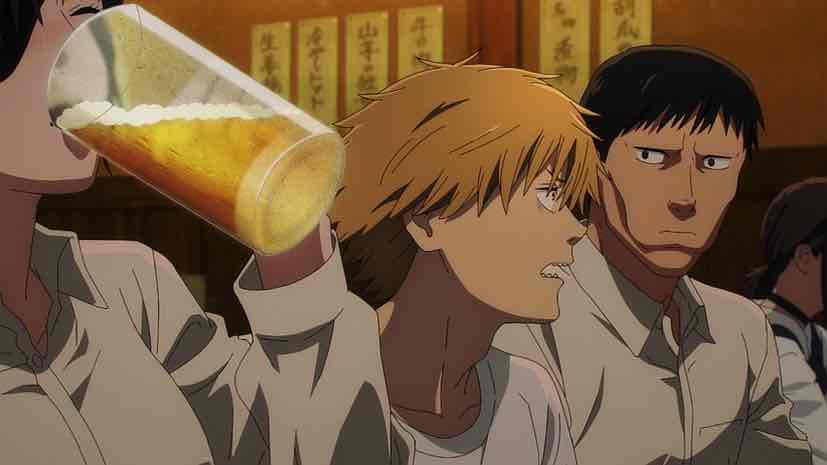
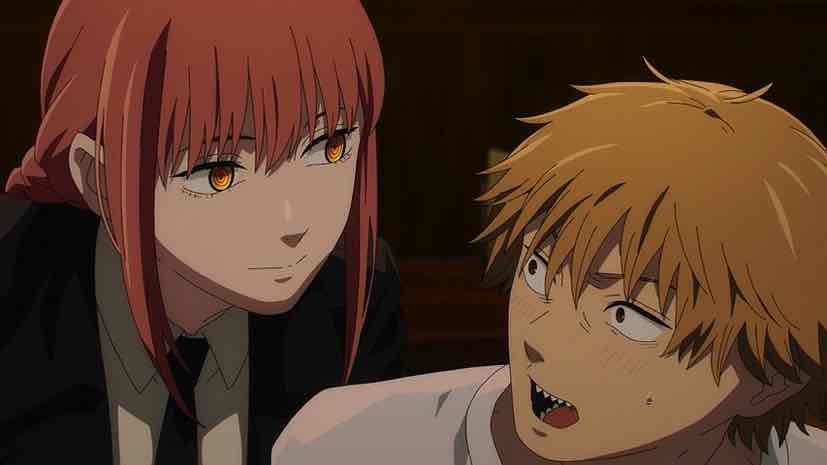
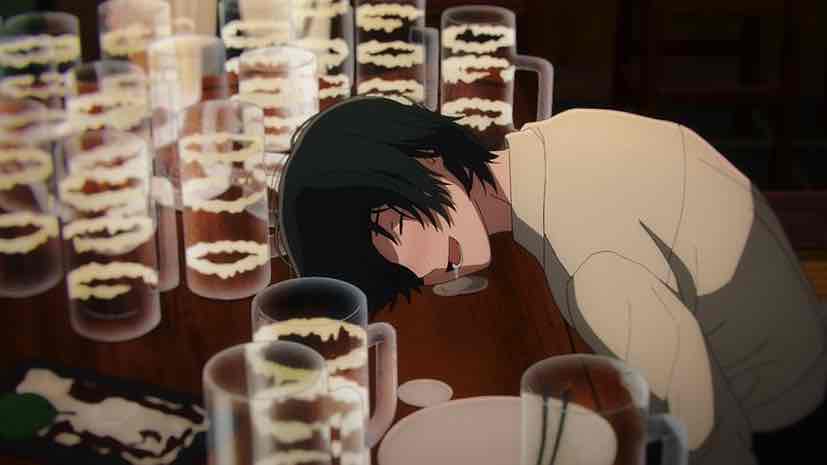
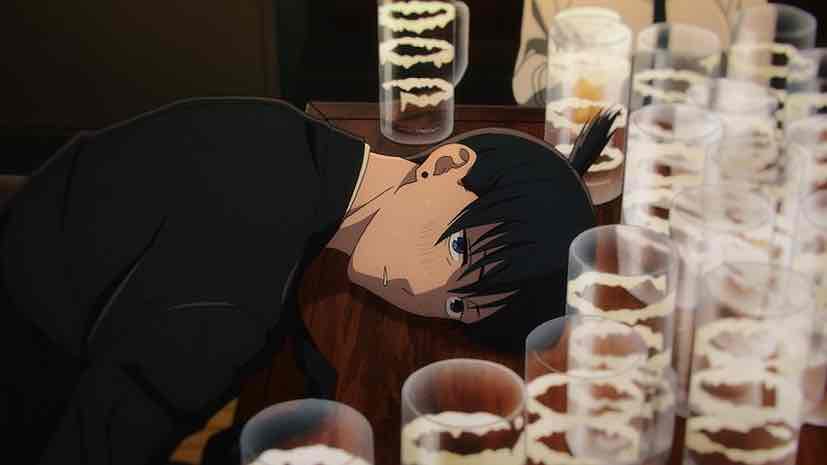


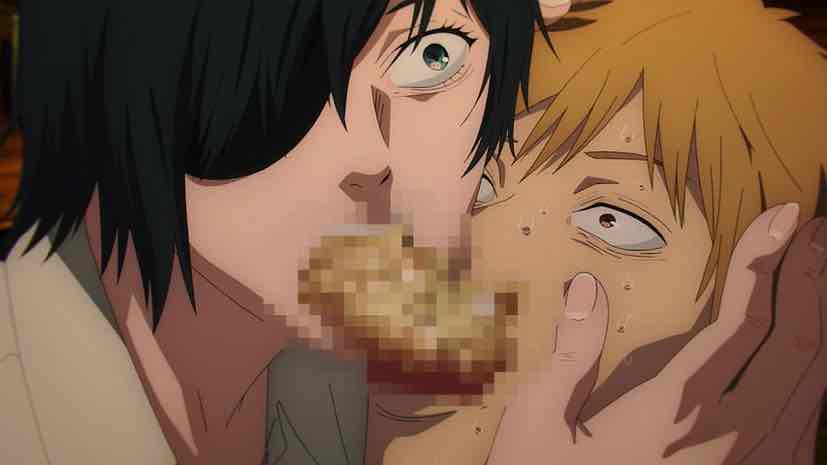
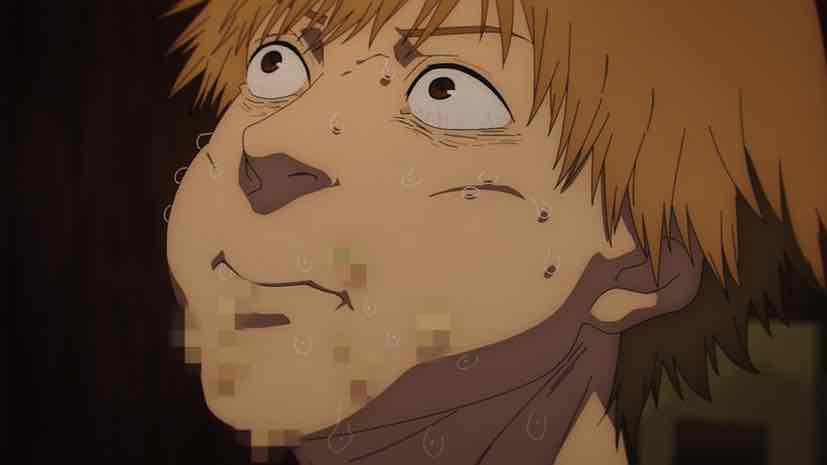
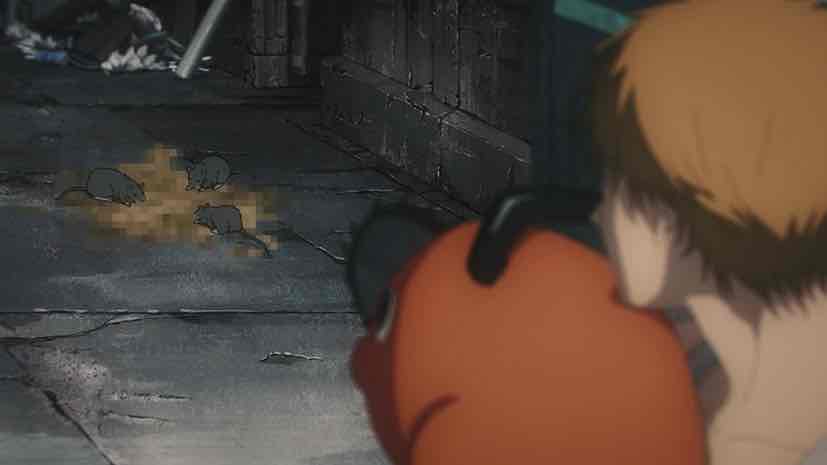
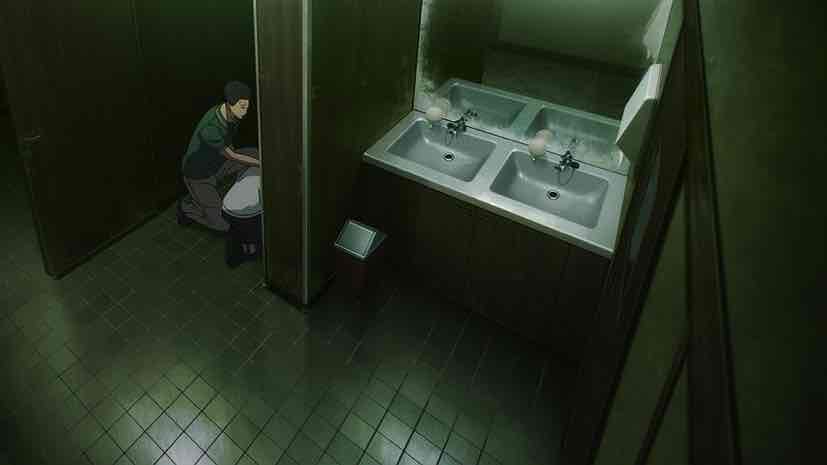
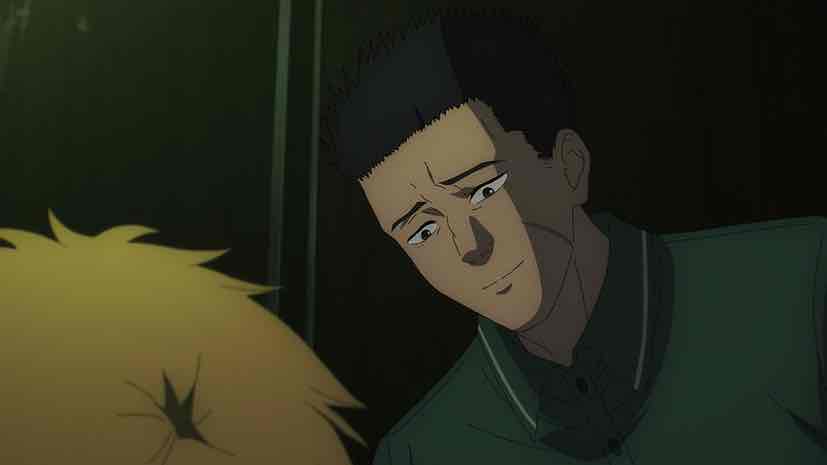
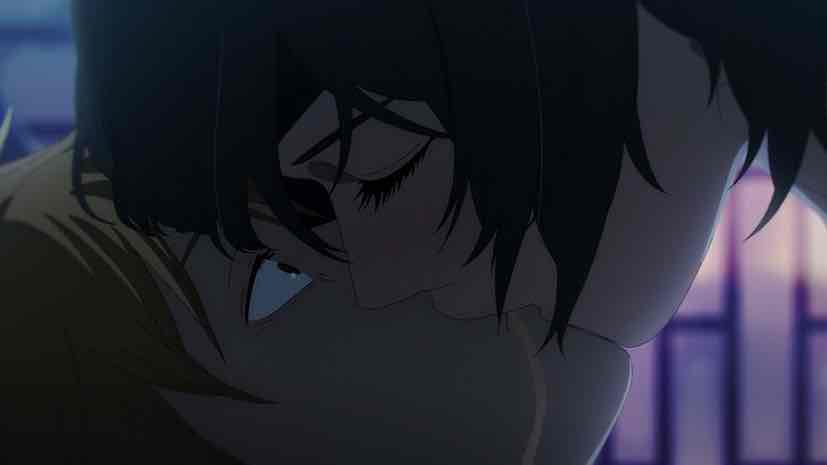
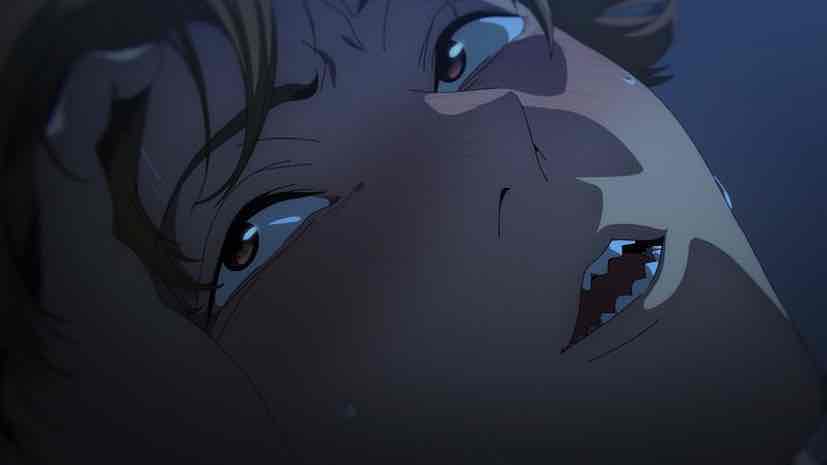
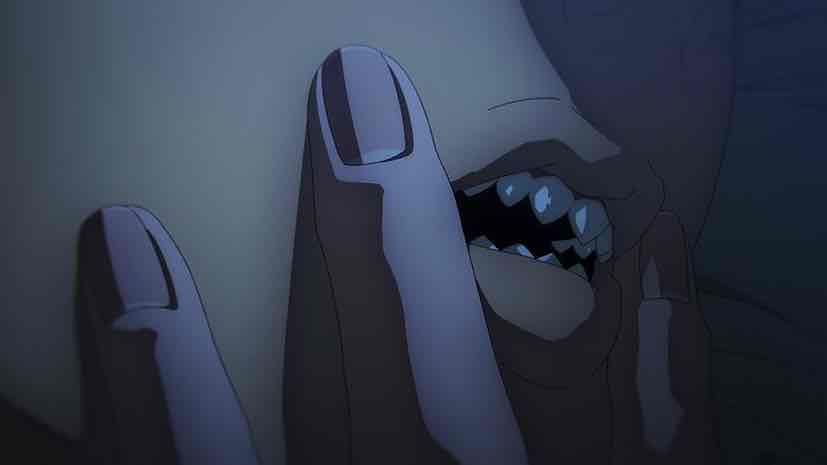
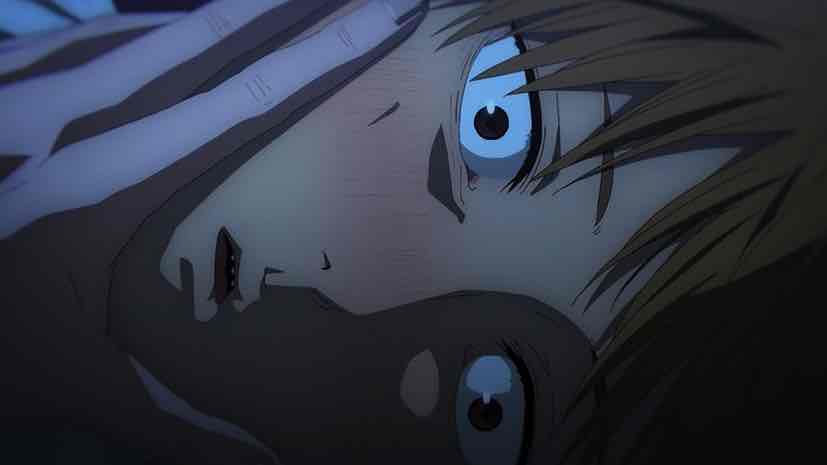
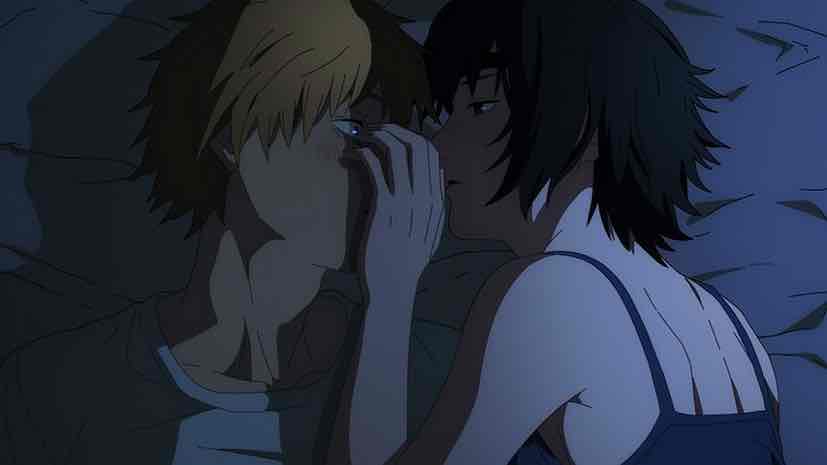

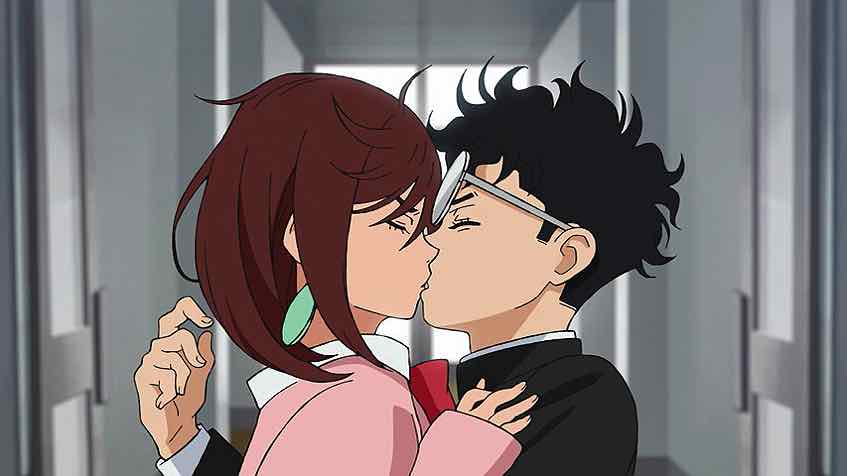

Simone
November 23, 2022 at 11:56 pmIf it reassures you, the Puke Kiss is definitely the grossest thing I can remember in all of CSM (I mean besides the occasional gore, that goes with the setting and it’s a lot more usual in manga). I don’t know how true it is or where it comes from but there is a rumour that the series was tethering on the edge of cancellation and this was kind of a “fuck you” moment from Fujimoto, which would go some distance explaining its… highly unusual nature, even by the standards of this very out there manga.
I personally tend to like these characters more (yes, even Kobeni!) because it just feels to me like they’re pretty justified in how broken they are by the absolute insanity of the job they’re in – they’re traumatised veterans desensitised to violence who try to push away the spectre of their own death at all times, no wonder they act this way. As you say though Denji isn’t that defined personality-wise (not like he ever had a chance to develop one), and Makima is an enigma – and that’s quite intentional. Personally though I have to say what I love most about the series is the setting – the oppressive, bleak existential horror tone of the whole situation.
Nadavu
November 24, 2022 at 2:53 amI felt the conclusion to the Eternity Demon was a bit of a whiff. I get that the build up was the real event, but I don’t think it’s ever a good sign when a 3-day-long battle is covered in four screen-time minutes.
Other than that, it was pretty sweet. I liked how Denji instinctively felt he needed to lie to Makima about his promised kiss with Himeno and I don’t mind the puke-eating, but the best moment was when a new faced remarked hoe jealous he is of Aki that his fiend is so well behaved as Power went about her business of being unhinged.
Good one, overall.
Simone
November 24, 2022 at 4:12 amI see it more as a pacing problem – IMO it would have been in a way better to end the battle within the past episode rather than having a fake cliffhanger. This created the sense of a build up that really wasn’t there, because in the end Denji’s plan simply works right away without any major hitches.
Earthlingzing
November 24, 2022 at 11:15 amThe Eternity Demon not being able to endure eternal torture is quite a bit of irony
Earthlingzing
November 24, 2022 at 11:14 amI did like the first few episodes a lot, but this recent arc has been a whiff. I don’t think the addition of Himeno has added much, the focus on Denji’s (lack of?) sexual experiences with Makima and Power was cute at the start but has overstayed it’s welcome at this point.
Writing wise this series has been better than many of the recent mega hits so far so I’m hoping it gets back on track.
Yukie
November 25, 2022 at 1:35 amWas dreading seeing this ep animated. I’m surprised that Enzo pointed out a lot of the points that I personally felt kept this series from being great this early on(same with Made in Abyss). When the mangaka’s fetish/obsession actively moulds the story too much…it kind of loses something for me.
Eugene T.
November 25, 2022 at 1:47 pmI kinda feel you might have taken the scene less poorly if you didn’t interpret them through the lens of Fujimoto’s public kinks. I don’t think the scenes as Power and Makima so far qualify as sexual humiliation (even if Makima is obviously the dominant party) and on its own a gross-out scene like this wouldn’t be too out of place in many other shows.
I can’t say I loved the scene- ’cause yeah, it was gross- but I feel its the meta-level interpretations that’s making it as offputting to you as it is. The comparisons to Made in Abyss are abit premature- at this stage, anyway.